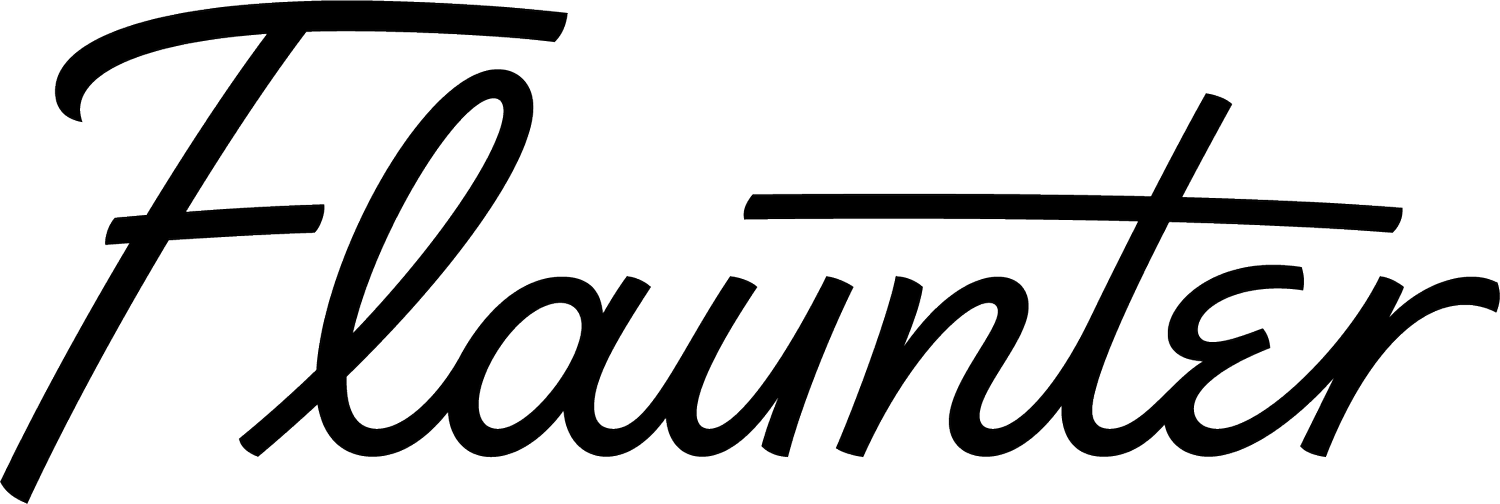How to Build Trust as a PR Pro
So, it turns out people think PR professionals are a pretty untrustworthy bunch… Only 11% of people say PRs are trustworthy, which is the lowest ranking profession in a survey by the Professional Associations Research Network (2020). PRs are in the business of building trust, so how did it get to this point? Is the reputation justified? And what can we do to turn around this bad PR for our own profession, since trust is the basis on which we build our own credibility?
As someone who has been on both sides of the fence, both in-agency delivering PR for brands as well as on the client side, commissioning agencies to generate press on my behalf, there’s a number of things PR professionals can do to increase the level of trust amongst their clients and brands.
Data, data, data
Yes, everyone in the industry has heard the rhetoric about how PR is untrackable, unmeasurable, and impervious to data. The thing is, literally everyone else in a business will have KPIs attached to their performance, and saying you just can’t track your effectiveness sounds like a cop out, particularly to the marketing managers who are often hiring you. They’re working with digital marketing agencies who can measure their impact down to the last dollar, and while PR isn’t the same as Facebook advertising, agencies need to try harder to demonstrate their worth. Hours spent or emails sent aren’t the same as results, and marketing managers will expect you to be able to report on what you’ve been able to generate, even if it centres on brand awareness. This can be measured with spikes in website traffic, increased mentions on social media, more positive sentiment, an increase in journalists reaching out to you for comment or downloading your imagery and ultimately, sales. Brand awareness is ultimately about increasing sales - no company wants to have everybody know about their product, but still choose not to buy.
When pitching for new work, be as transparent as possible as to what kind of coverage you think you can achieve. You can still communicate that PR isn’t an exact science, and that nothing is guaranteed, but managing these expectations will result in happier clients, who feel that your work is aligned with their organisational goals.
Key takeaway: It’s a myth that PR can’t be measured. Leaning in to this rhetoric taints PR with a snake oil vibe, and we have to try harder to find ways to show our impact.
Be Transparent
As someone who has engaged a number of PR agencies in my time, the one thing that stands out is when an agency lets me know something isn't working. Be it the angle or the approach, I’d rather my rep share what’s not working, why, and what we can do to gain more traction in the future than continue on the same path knowing it won’t generate results. This is particularly true when the client isn’t as knowledgeable about the market as you are - for example, if you’re introducing a brand to a new geographical market, be honest with the client about what messages will cut through, especially if they’re different to what the client is currently using. The client (or senior management) are looking to you for your expertise, which includes sharing with them when something isn’t landing.
Key takeaway: If something’s not working, don’t wait until 6 months in to share it with your client. You’re the expert, and it’s up to you to let the client know that you’ll need a new approach.
Understand PR from the client’s perspective
It’s all a bit of a dark art - the client pays your retainer, you reach out to your closely guarded media list and work your magic to ultimately generate some press coverage - or maybe not. Clients are often under a lot of pressure to hit their own sales targets, know that PR can contribute to that elusive brand awareness, and are also aware that they can’t do it on their own, without the connections and insider knowledge that PRs often have. This creates a sense of friction - it’s like when you hand your car over to the mechanic. You can’t fix it yourself, and you’re putting yourself completely in the hands of someone who may or may not get the job done, but you won’t know until after you’ve handed over a small fortune and driven away. This lack of control clients can feel about this part of the process can lead to them niggling over small things, trying to push a certain message, or going into the PR relationship wanting concrete deliverables. You can help them feel safer about their investment (particularly if they haven’t worked with an agency before) by communicating your process step-by-step, providing transparent reports, and establishing yourself as an expert in your space with case studies and testimonials.
Key takeaway: You’re an expert, but your client probably isn’t. Help them feel comfortable that you know what you’re doing and you’ll get less pushback in the long run.
We want to hear from you. Do you think PR professionals are seen as trustworthy? What do you do to demonstrate your credibility and authenticity to your clients or senior management? Email us at hello@flaunter.com and share your thoughts.

